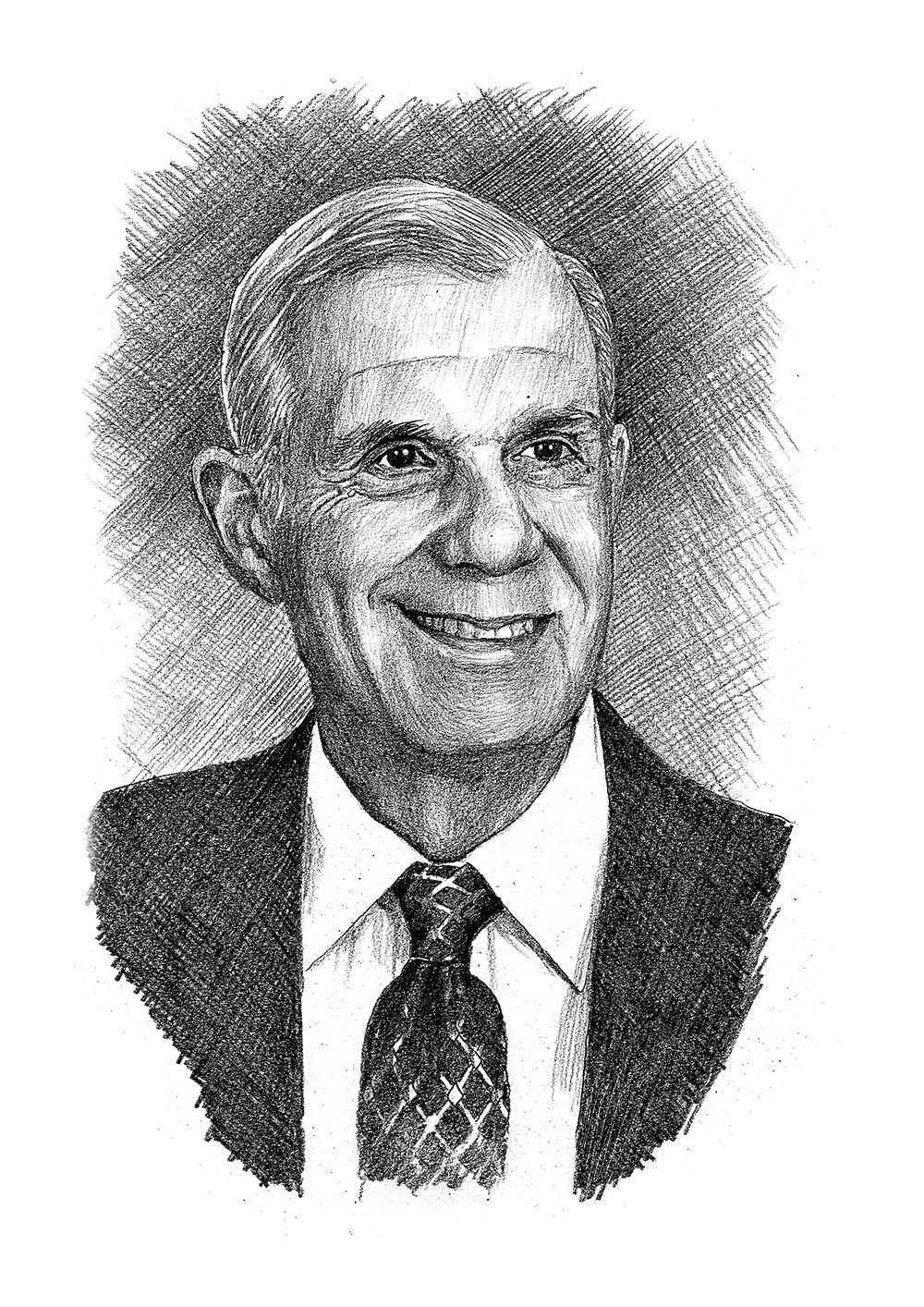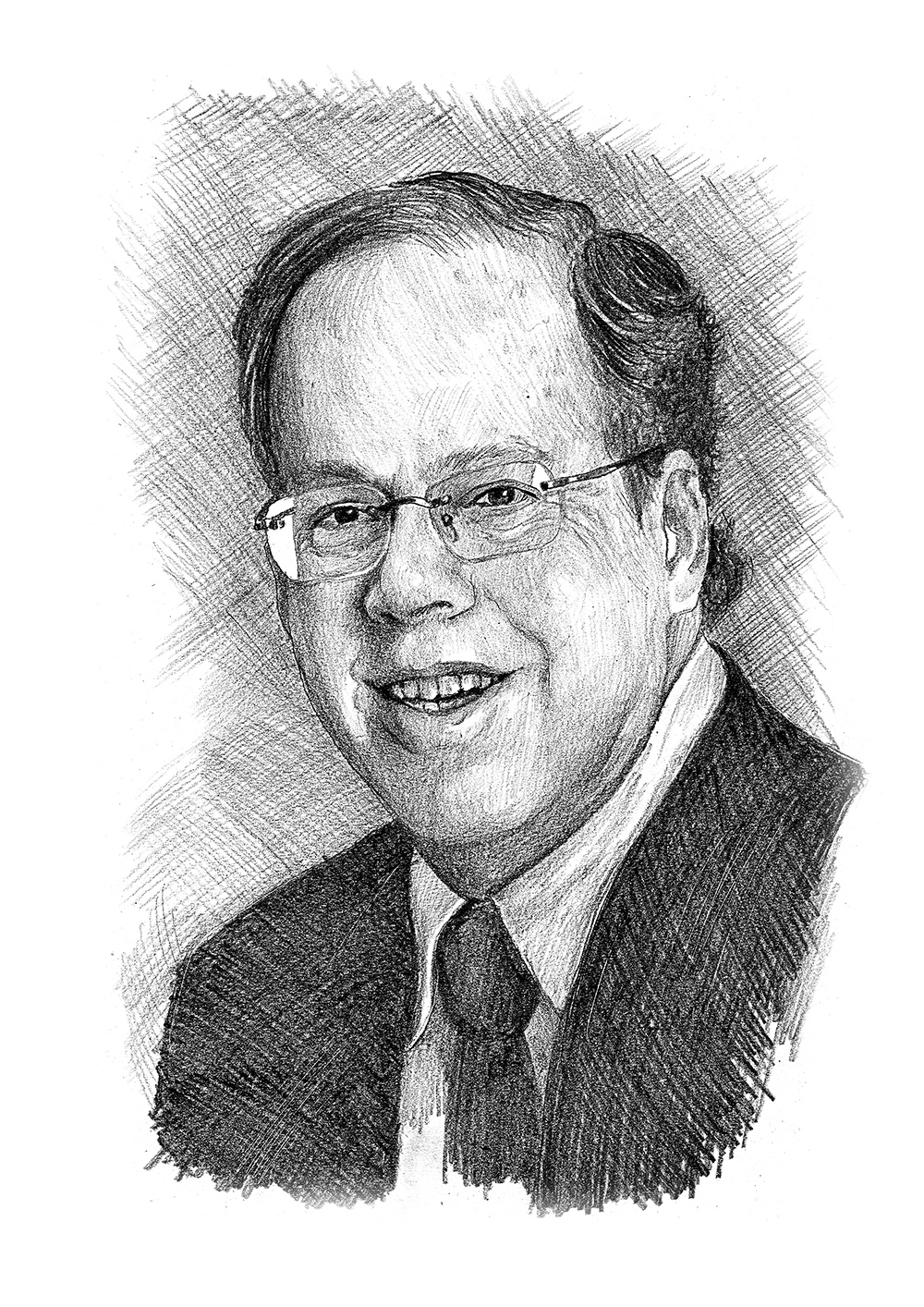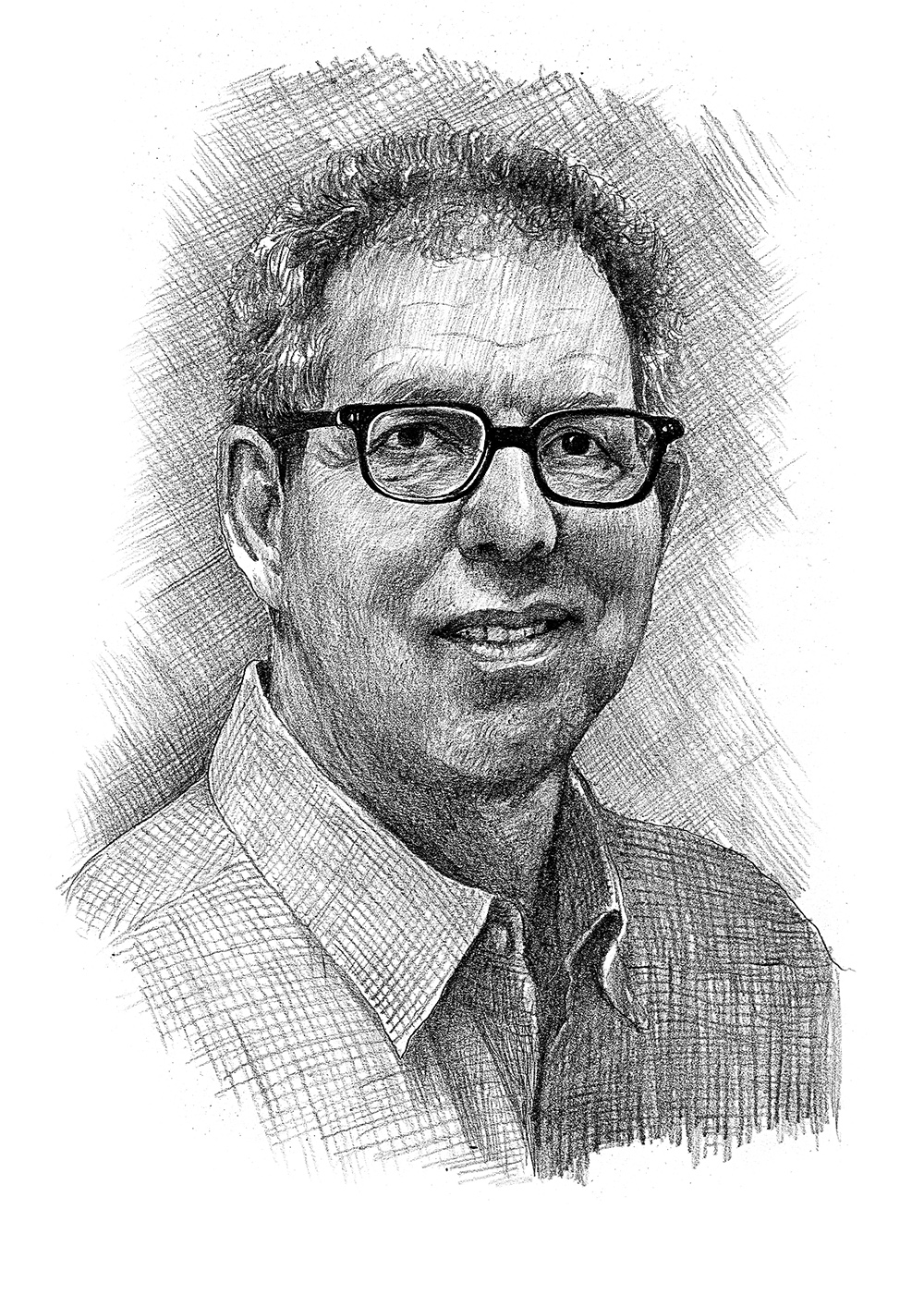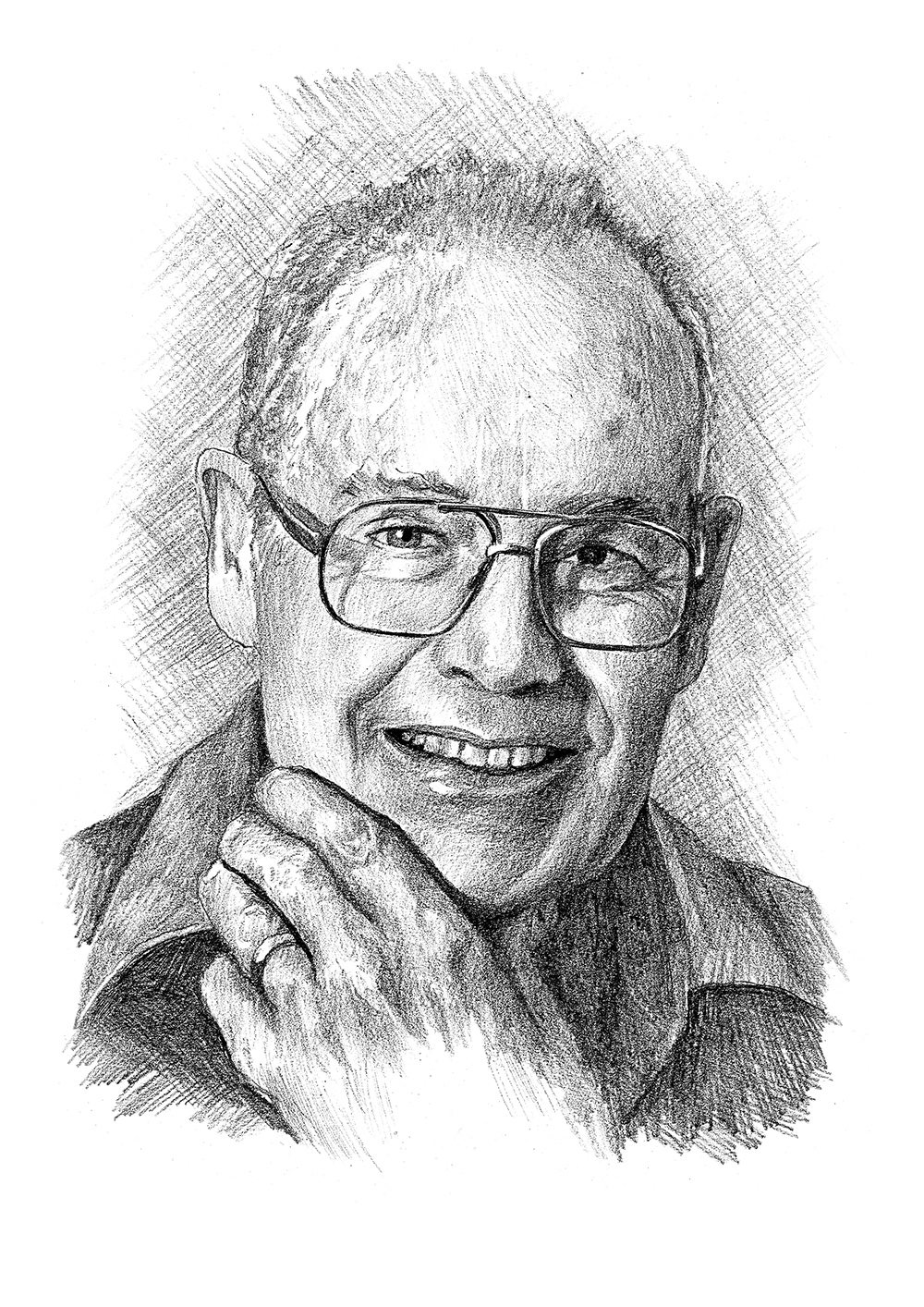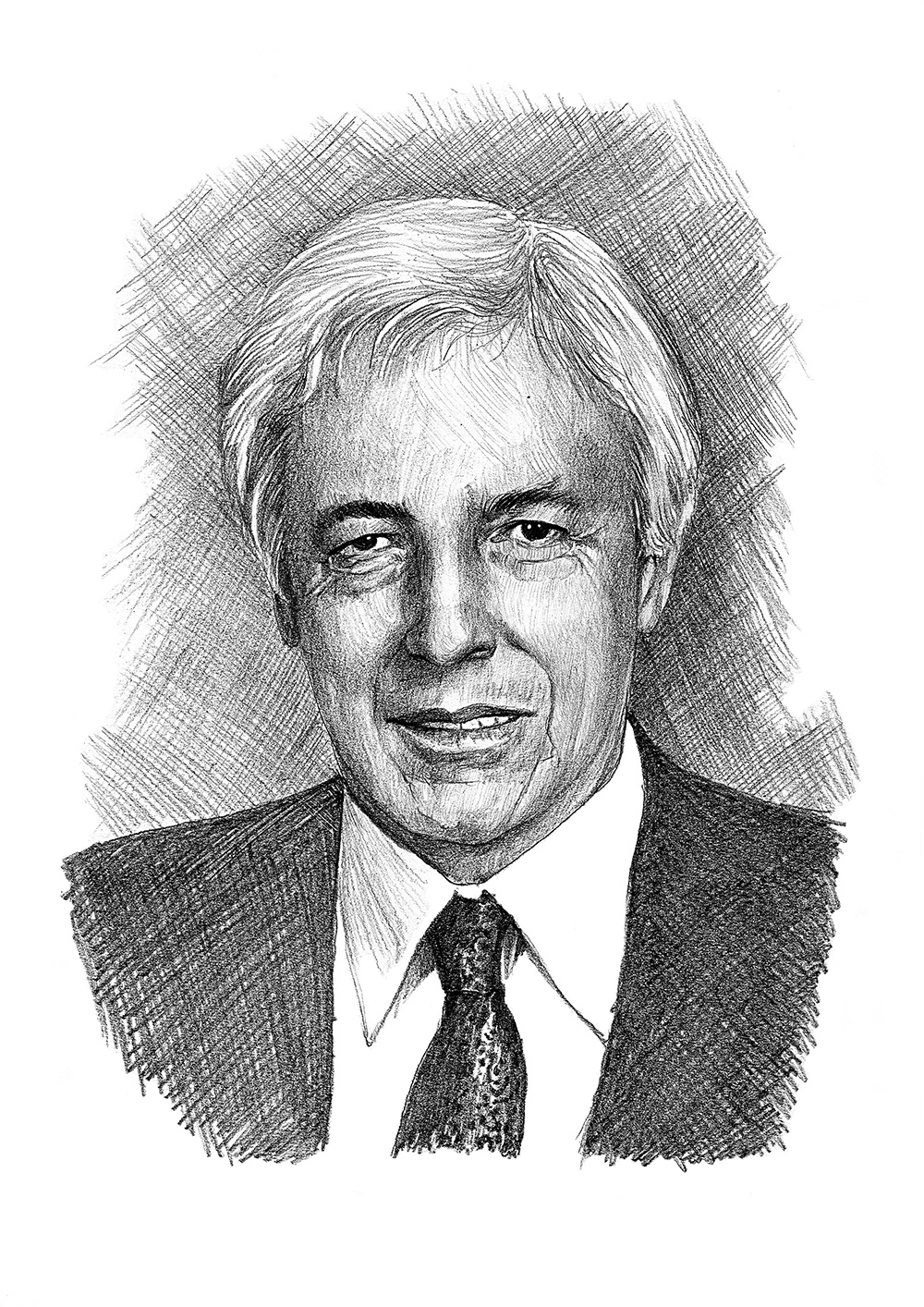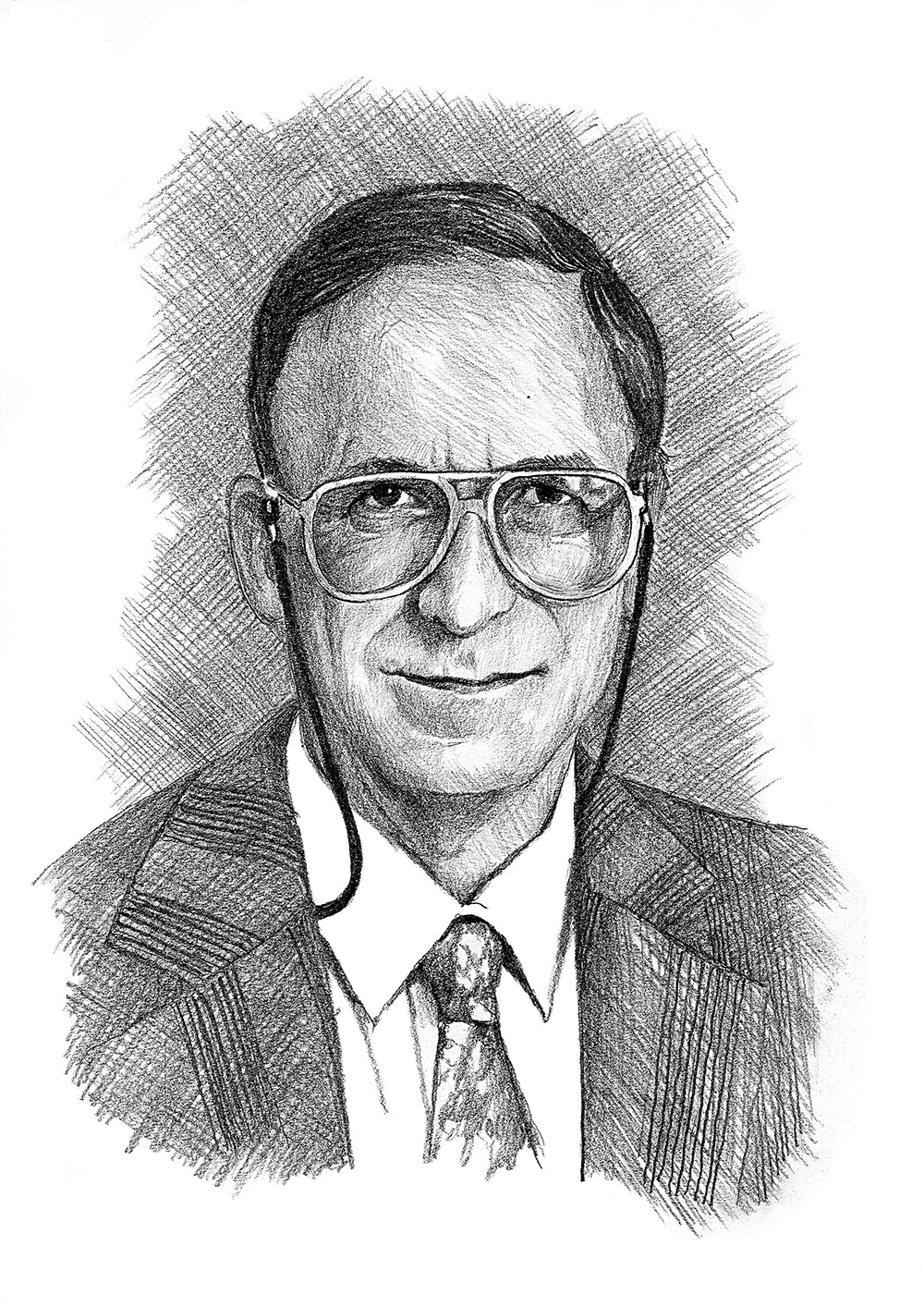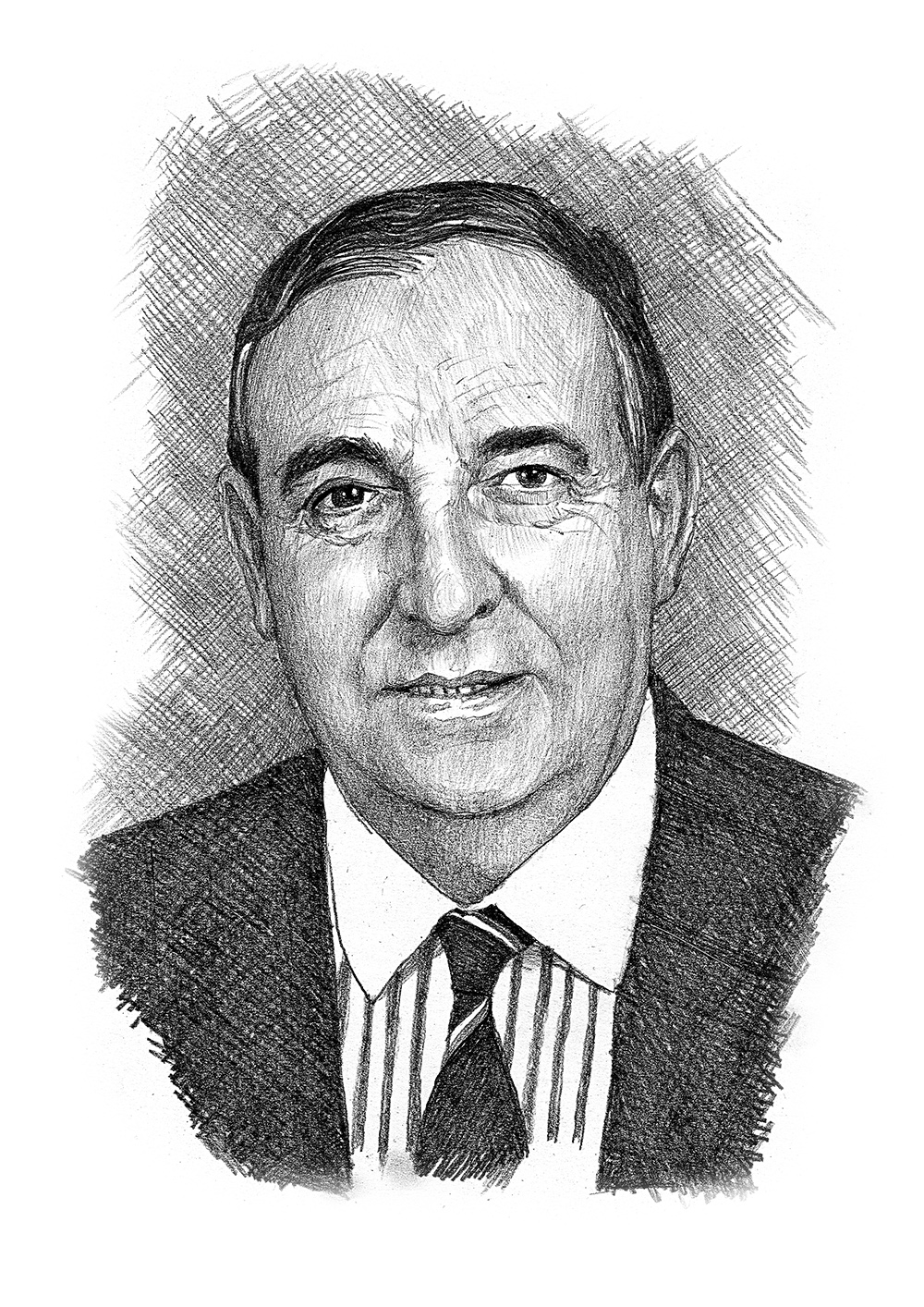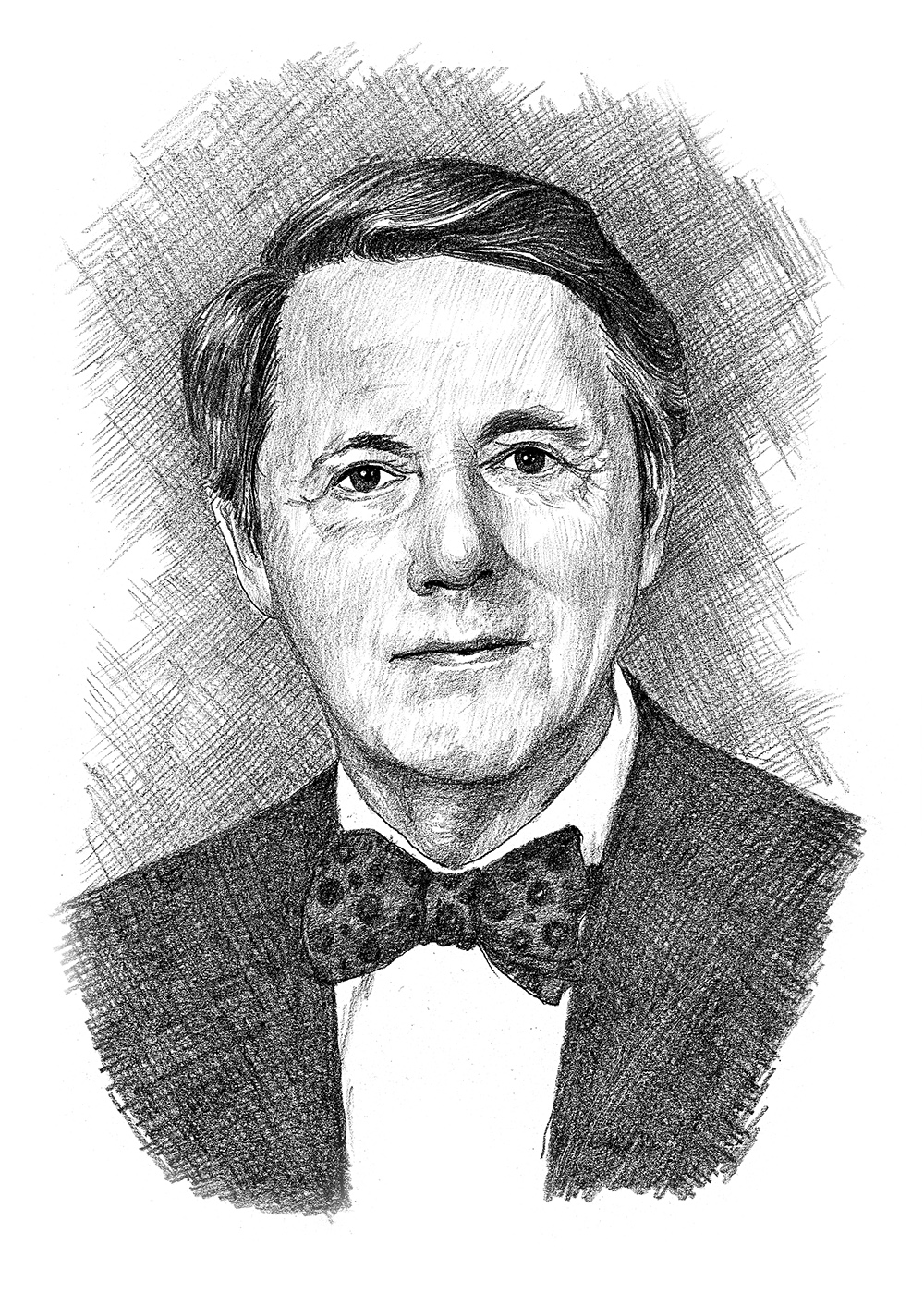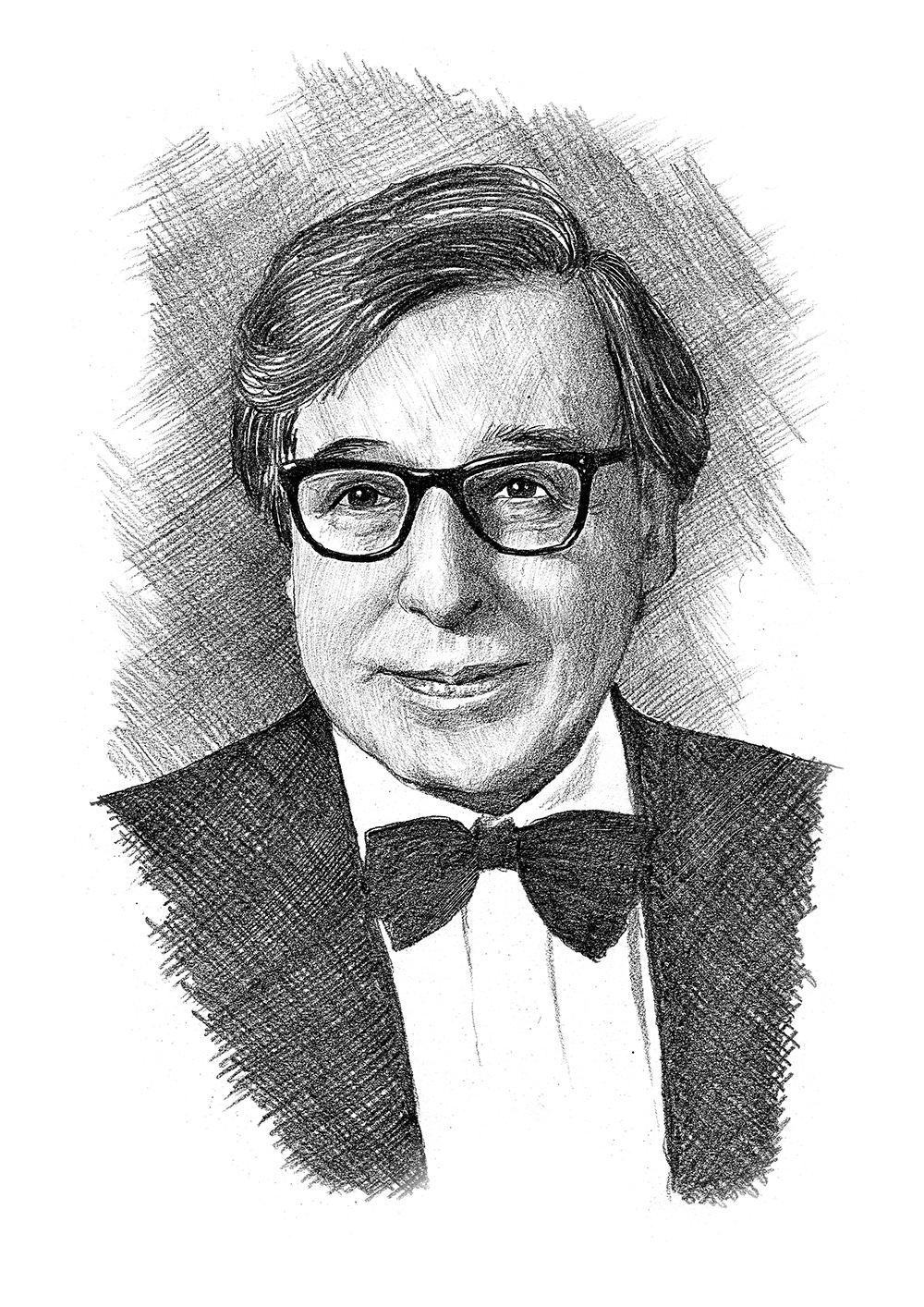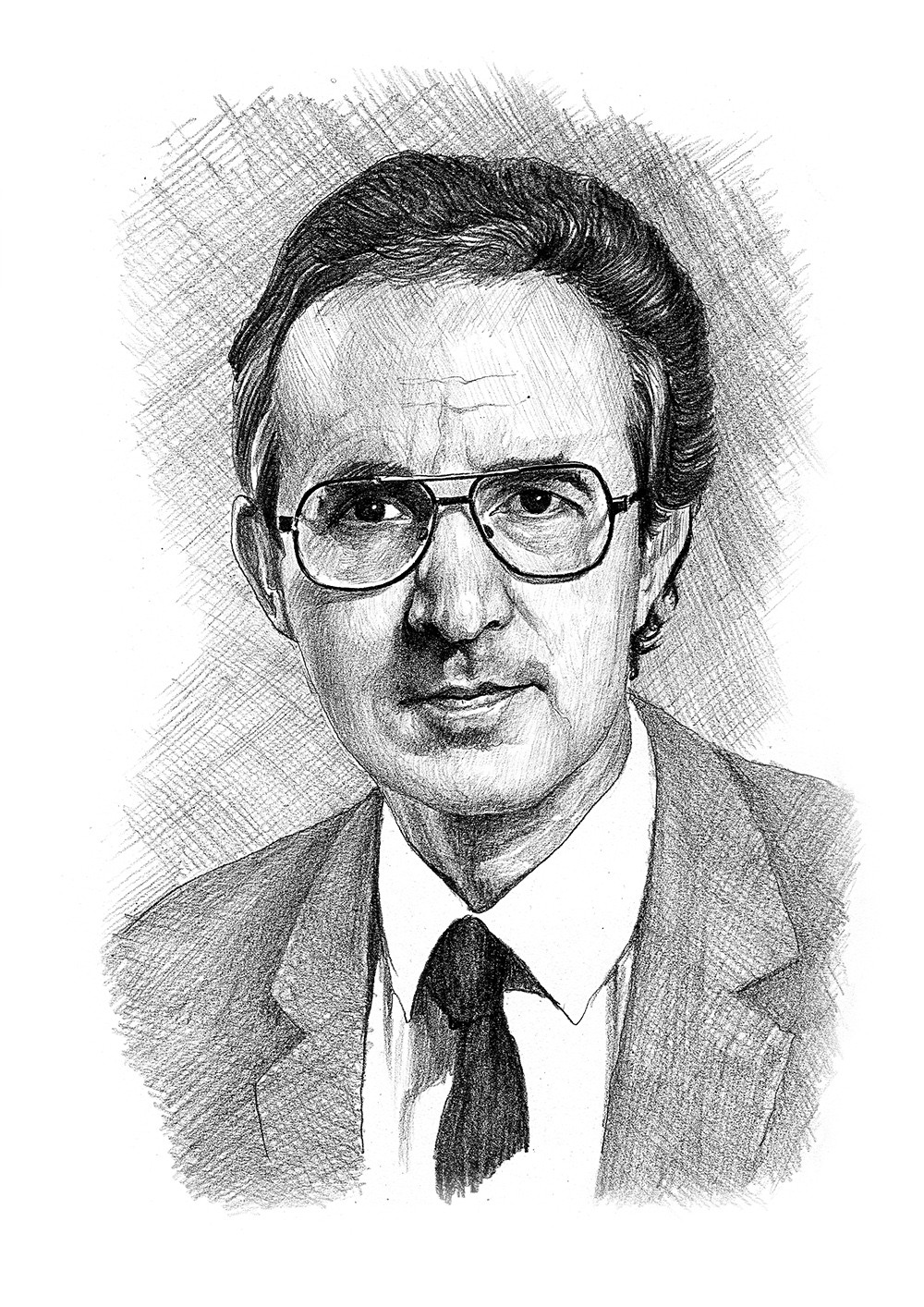Professor Berkowitz received his B.A. with a major in Philosophy from Cornell University in Ithaca, N.Y. in 1961 and his M.D. from New York University in 1965. He pursued postgraduate training for one year at Kings County Medical Center in Brooklyn, N.Y. in 1965-1966 followed by a three-year residency in Obstetrics and Gynecology at Cornell University Medical Center and New York Hospital in 1968-1971. In 1972, he obtained an M.P.H. from the School of Hygiene and Public Health at Johns Hopkins University in Baltimore, MD. In between his postgraduate studies, he served as a Peace Corps physician in Mauritania and Nigeria, and as a consultant for Family Planning International Assistance in Kenya, Ethiopia, and Tanzania.
Professor Berkowitz’s academic career started in 1974, first as an Assistant Professor in 1974-1979, then as an Associate Professor in 1979-1982 of Obstetrics, Gynecology, and Public Health at Yale University School of Medicine in New Haven, CT. For the next 18 years, he was a Professor and the Chairman of the Department of Obstetrics, Gynecology, and Reproductive Science and the Director of the Division of Maternal-Fetal Medicine at Mount Sinai School of Medicine in New York, N.Y. In 2004, he moved to Columbia University Medical Center in New York, where he is currently a Professor of Obstetrics and Gynecology, the Director of the Obstetrics and Gynecology Residency Program and Director of Outreach and Quality Improvement in the Department of Obstetrics and Gynecology.
Professor Berkowitz is board certified in Obstetrics and Gynecology and at the Obstetrics and Gynecology Division of Maternal-Fetal Medicine. He is a Fellow of the American College of Obstetricians and Gynecologists and the American Institute of Ultrasound in Medicine. He has also been an examiner for the American Board of Obstetrics and Gynecology in both general Obstetrics and Gynecology and Maternal-Fetal Medicine for over 20 years. He founded the International Society of Ultrasound in Obstetrics and Gynecology, was a former Council member of the American Gynecological and Obstetrical Society, and former President of the New York Obstetrical Society, in addition to his memberships of several other Obstetrical and Gynecological organizations.
Professor Berkowitz is an internationally recognized authority in fetal diagnosis and therapy. He is a pioneer in obstetrical ultrasound and has developed several procedures for the diagnosis and in utero treatment of a variety of fetal diseases, with special expertise in the management of high order multiple pregnancies.
Professor Berkowitz authored over 200 articles, 30 book chapters, and 120 conference abstracts, and edited seven books. His contributions have been recognized by several teaching and memorial awards, invited lectureships, visiting professorships in addition to his election to the editorial boards of five Obstetrics and Gynecology journals.
This biography was written in the year the prize was awarded.

